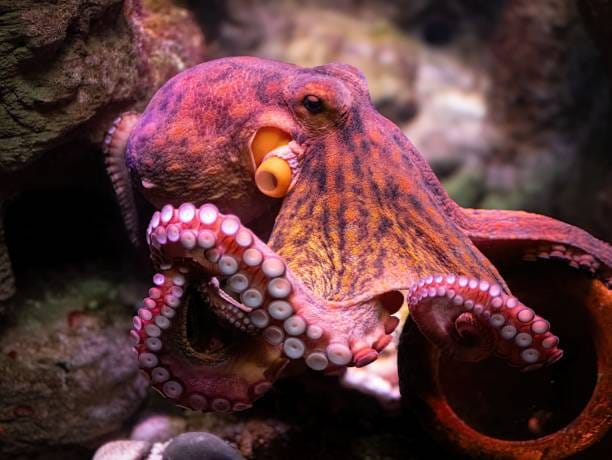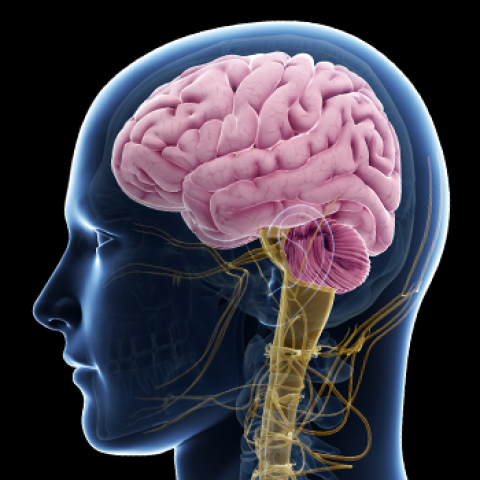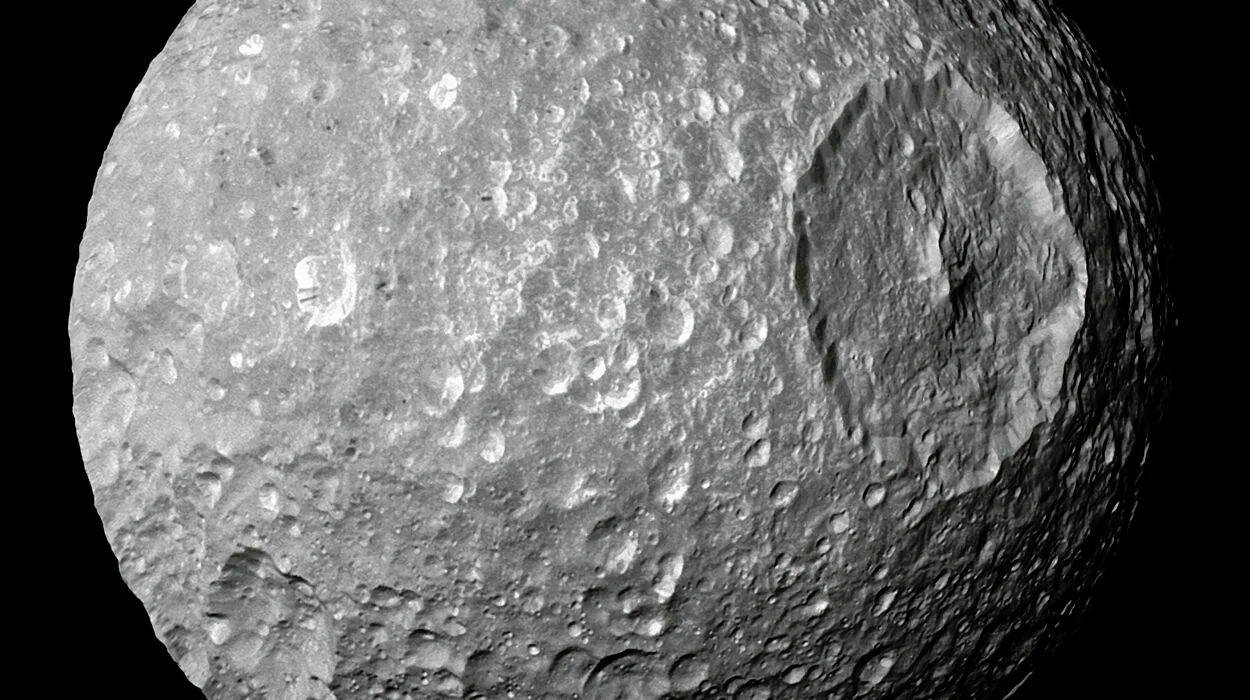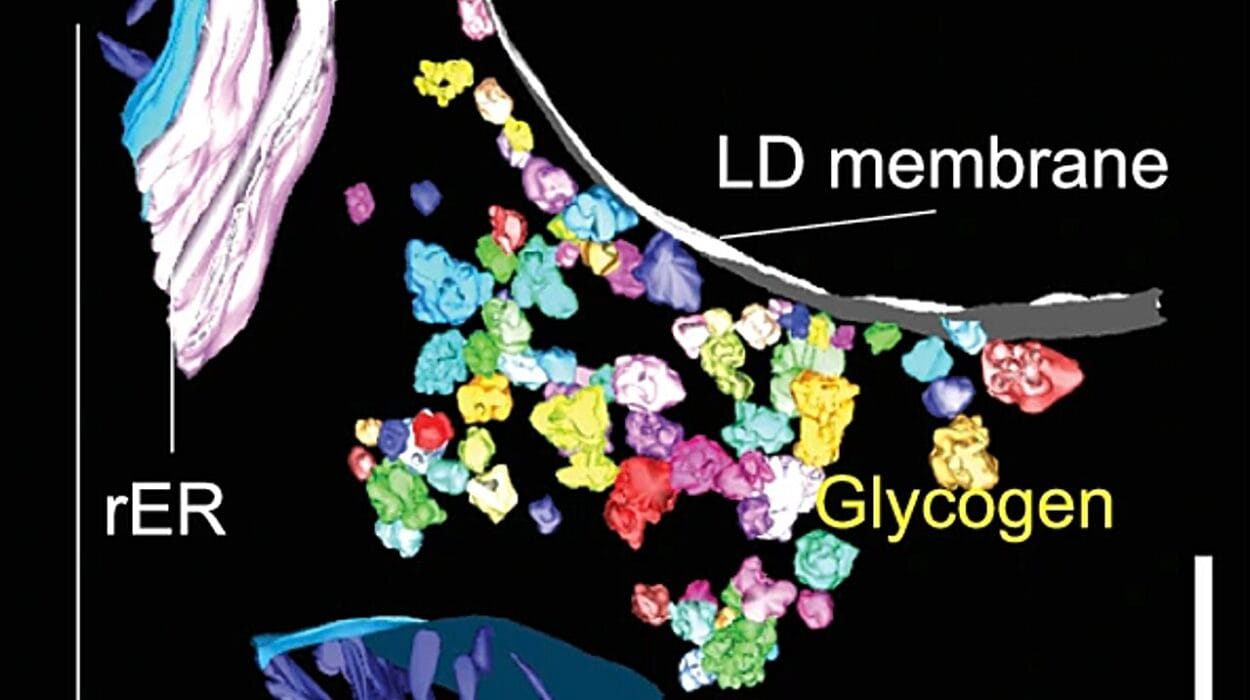In the dim, shifting shadows of coral reefs, kelp forests, and sunlit tidepools, an ancient intelligence hides in plain sight. It slides across the ocean floor like liquid shadow, its body a kaleidoscope of textures and colors that change in an instant. Its limbs feel and think, its eyes read and remember. It is no fish, no mammal, not even a vertebrate. And yet, the octopus—this alien of the sea—is one of the most intelligent animals on the planet.
Octopuses have long captivated the human imagination. Their sinuous bodies, elusive behavior, and eerie grace have earned them a place in myth and mystery. But only recently has science begun to unravel the staggering truth: octopuses are cognitive marvels, evolution’s brilliant experiment in brainpower without a backbone. Their intelligence is not a pale reflection of ours—it is its own strange, powerful thing. A separate spark, glowing deep in the sea.
The Evolutionary Outsiders
Octopuses belong to a group of animals known as cephalopods, a class of mollusks that includes squid, cuttlefish, and the nautilus. While their shelled ancestors appeared over 500 million years ago, modern octopuses evolved more recently—perhaps around 300 million years ago. Despite their soft bodies and lack of bones, octopuses are formidable predators. They have beak-like mouths, venomous saliva, and the astonishing ability to alter their appearance and shape to suit their environment.
What sets them apart most of all, however, is their extraordinary nervous system. Unlike any other invertebrate—and unlike most vertebrates—the octopus possesses a radically decentralized brain. It has around 500 million neurons, comparable to that of a dog, but distributed in a way that defies human logic. More than two-thirds of its neurons are located not in its head but in its arms. Each arm contains its own miniature brain, capable of independent movement, decision-making, and even memory.
This structure represents a stunning example of convergent evolution: the emergence of intelligence along a separate and alien path from our own. The octopus brain did not evolve from a common ancestor with vertebrates. It arose independently, shaped by the pressures of survival in a hostile and complex environment. That makes the octopus perhaps the closest thing we have on Earth to an intelligent alien.
Brains in Their Arms
To understand the octopus mind, one must begin with its body. Each of its eight arms is not merely a tool but an autonomous agent. These arms can explore, touch, manipulate, and taste independently of the central brain. In laboratory studies, amputated arms have been observed to recoil from unpleasant stimuli, grasp prey, and even attempt coordinated movement—a disturbing yet fascinating sign of distributed intelligence.
This decentralization allows the octopus to multitask in ways humans cannot. While the central brain monitors the big picture—scanning for predators, navigating terrain, remembering locations—each arm can investigate its surroundings with tactile and chemical sensitivity. In essence, octopuses do not just think with their brains; they think with their entire bodies.
Scientists have found that the arms contain complex neural circuits capable of learning. In one experiment, octopus arms were shown to retain information about how to navigate a maze even when disconnected from the brain, indicating that learning can occur locally in the limbs. This suggests a form of modular cognition—each arm acting both independently and in concert with the central mind.
Masters of Disguise
The octopus’s genius extends beyond its neurological quirks. It is also a virtuoso of camouflage, capable of changing both color and texture in milliseconds. Beneath its skin lies a complex network of pigment cells (chromatophores), iridescent cells (iridophores), and reflective cells (leucophores), all controlled by neural input. The octopus can match the surrounding seafloor with uncanny precision, rendering itself nearly invisible to both predators and prey.
But camouflage is not purely reflexive. Research has shown that octopuses adjust their camouflage based on context. They can adopt patterns suited for the open ocean or textured ones for the coral reef. They seem to “know” when they are being watched, altering their appearance accordingly. This implies not just mimicry, but perception and intent.
More astonishing still, some species have been observed using deceptive camouflage. The mimic octopus (Thaumoctopus mimicus), for instance, can impersonate lionfish, sea snakes, and flatfish—mimicking their shape, movement, and behavior to deter predators. This level of sophisticated trickery requires memory, judgment, and a sense of self in relation to others—a hallmark of complex cognition.
Puzzle Solvers and Escape Artists
In captivity, octopuses exhibit behaviors so strikingly intelligent that scientists have described them as the “chess masters of the sea.” They quickly learn to open screw-top jars to retrieve food, solve mazes, and recognize specific shapes and patterns. In some cases, they show remarkable problem-solving skills, using trial and error, memory, and even what appears to be reasoning.
One famous octopus named Inky escaped from New Zealand’s National Aquarium by slipping through a gap in his enclosure, crossing the floor, and squeezing through a drainpipe into the ocean. Another octopus at the Seattle Aquarium repeatedly squirted water at a light bulb to short-circuit it, apparently annoyed by the brightness. Others have been observed using coconut shells or rocks as tools for shelter—an astonishing behavior once thought to be uniquely human.
Such episodes are not mere anecdotes; they point to consistent, replicable evidence of cognitive flexibility, tool use, planning, and exploration. Octopuses seem capable of foresight, curiosity, and even boredom. They watch people, learn from observation, and play with objects for no apparent reward other than amusement. In some cases, they have been known to squirt water at researchers or rearrange their tanks out of apparent mischief.
Personalities Beneath the Waves
In recent years, researchers have turned their attention to the question of octopus personalities. Are these creatures truly individuals, with temperaments and preferences? The answer appears to be yes. Studies have found that different octopuses exhibit consistent behavioral traits—some are shy, others bold; some are explorers, others are reclusive.
In one experiment, juvenile octopuses were exposed to different situations, including the presence of a novel object and a threatening stimulus. The responses varied widely and remained consistent over time, suggesting stable personality traits. This finding is remarkable for an invertebrate and raises questions about emotional states in animals typically thought to be “simple.”
Octopuses can form what appear to be bonds with caregivers. Some seek out touch, responding positively to interaction. Others retreat, showing aversion or even aggression. These responses are not random; they suggest a complex internal experience, perhaps even a primitive form of emotion.
Consciousness from Another World
One of the most profound questions raised by octopus intelligence is whether these creatures possess consciousness. While the concept is difficult to define even in humans, certain criteria are often cited: self-awareness, intentionality, memory, learning, and emotional states. On many of these measures, octopuses seem to qualify.
They display goal-directed behavior, learn from experience, and remember individuals. They appear capable of planning and deception. Some scientists argue that octopuses may possess a form of primary consciousness—an ability to integrate information and respond flexibly to the environment in real time.
Yet their consciousness, if it exists, must be vastly different from ours. The octopus has a body that constantly changes form, a nervous system spread throughout its limbs, and a worldview shaped by touch and taste more than sight or sound. It likely experiences the world in a way that is wholly alien to our own—rich, multisensory, and dynamic.
The Loneliness of Intelligence
Despite their brilliance, octopuses are solitary creatures. Unlike dolphins or primates, they do not live in groups, build societies, or communicate in complex ways. Their intelligence evolved not for social cohesion but for survival in a perilous world filled with predators. With no shell for defense, the octopus relied instead on wit, agility, and disguise.
Their short lifespans—typically one to two years for most species—make their mental achievements even more extraordinary. That such profound intelligence can develop, flourish, and vanish so quickly defies our usual assumptions about cognitive evolution. It suggests that nature can foster intelligence not just through long-lived social bonds, but through isolation, vulnerability, and danger.
Some species do show hints of social behavior. The gloomy octopus (Octopus tetricus), for example, forms temporary aggregations known as “octopus cities.” These communities exhibit rudimentary forms of interaction, including conflict and cooperation. Whether such behaviors hint at a deeper social intelligence remains an open question.
A New Frontier in Animal Minds
The study of octopus intelligence is transforming our understanding of animal cognition. For decades, the field was dominated by research on mammals and birds—creatures with brains more similar to our own. But the octopus offers a window into a radically different form of intelligence: one not built on bones, not shaped by social life, but forged in solitude beneath the sea.
This challenges long-held assumptions about the evolution of cognition. Intelligence, it turns out, does not follow a single path. It is not limited to those who walk on land or speak in words. It can emerge in silence, in darkness, in limbs that taste and skin that thinks. The octopus proves that the universe of minds is far larger—and stranger—than we ever imagined.
The Ethics of Understanding
As our knowledge deepens, so too does our ethical responsibility. Octopuses are used in scientific research, kept in aquariums, and harvested in fisheries. Yet their cognitive complexity raises serious questions about how we treat them. In 2021, the United Kingdom recognized cephalopods as sentient beings, granting them legal protections under animal welfare laws. Other nations are beginning to follow suit.
The idea that an invertebrate deserves moral consideration may once have seemed absurd. But in light of their intelligence, their capacity for suffering, and their unique minds, the case is growing stronger. To treat them merely as seafood or specimens is to ignore a vast wellspring of consciousness that shares this planet with us.
A Final Glimpse Before Vanishing
To encounter an octopus in the wild is to glimpse something ancient, knowing, and fleeting. It watches with horizontal pupils set in alien eyes, its body rippling with thought. It may approach you, touch you, investigate you—or vanish in a swirl of ink and muscle, leaving you with nothing but wonder.
In the end, the octopus teaches us a humbling lesson: intelligence is not ours alone. It blooms in forms we barely understand, in places we rarely see, in bodies we struggle to comprehend. The ocean holds many secrets, but none more captivating than the octopus—a mind wrapped in tentacles, thinking its strange and beautiful thoughts beneath the waves.






